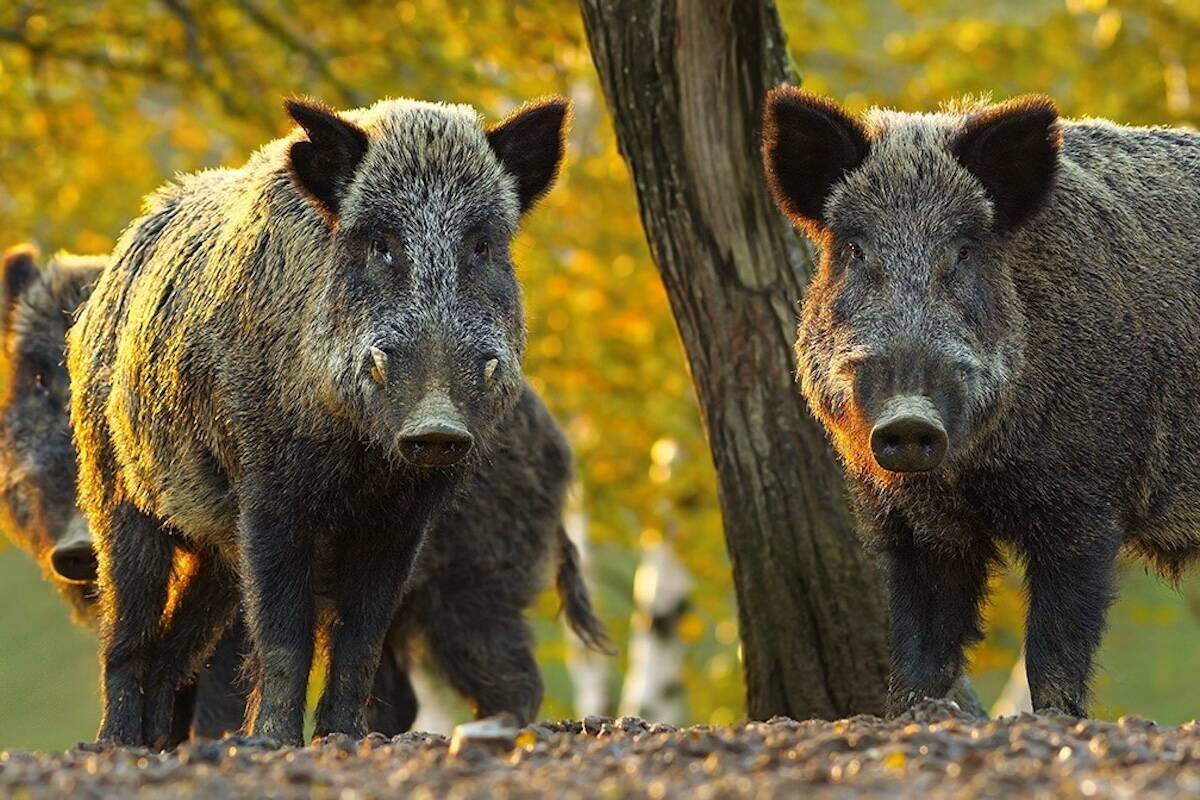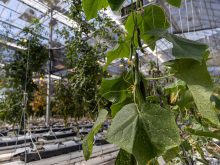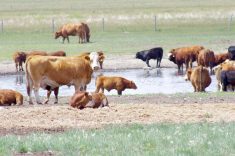Farmer-led groups are increasingly replacing government organizations in selecting research, development, and extension activities. That means more board members are needed, but calls for volunteers to serve on organization boards aren’t always answered with enthusiasm.
Farmers and ranchers who have stepped forward have found valuable experiences on these boards and figure the time spent on the work really does pay off.
“It does mean a lot of time away from my family and our family farm business,” says Greg Stamp, a seed grower from Enchant. “But, the directors work together to schedule meetings and the benefits I gain more than balance the driving and time commitments.”
Read Also

Alberta cracks down on wild boar
Alberta has implemented strict new regulations to eradicate invasive wild boar. Learn about the 2025 ban on wild boar farming, new hunting restrictions for landowners, and the provincial compensation program for producers.
Stamp is a director on the Alberta Barley Commission and the Southern Applied Research Association. He’s also on the advisory board for the Agriculture Program at Lethbridge College, from which he graduated in 2004.
“Learning to work well with other people is the first thing,” says Stamp. “On a board, you hear other people’s ideas, but even more why they hold these views. That gives you new perspectives on the issue and you start to understand the challenges people in different regions or different businesses have to face and how they deal with them.”
Stamp says the experience has also helped him learn more about the needs of his seed customers.
“I’ve also learned a lot about business. A non-profit is different from a farm business and no two non-profits are alike, but many tools we use in board work help on the farm. Looking at a financial statement and long-term planning with a board has given me a new perspective on our own business. It’s helped me think differently about where I want to go in our farm business and how to get there.”
Being part of a board also puts Stamp at the leading edge of the industry. When new policies come in, he’s one of the first people to know and understand them, he says. And in some cases, being part of the board gives him a chance to have some input into the development of new policies.
Networking
Networking is the first thing Lethbridge seed grower Ryan Mercer brings up as a benefit to being on a board. Mercer is a founding director of the South East Alberta Water Co-op and the Lethbridge Inland Terminal as well as vice-chairman of the Alberta Branch of the Canadian Seed Growers Association. Last year, he and his wife, Annette were finalists for the title of Canada’s Outstanding Young Farmers (OYF). “You get to meet people you might never meet otherwise,” he says. “We’ve come to know farmers from other parts of the country, in very different areas of farming, heard about their challenges and how they handled them. Best of all, the people I’ve met through my involvement in boards are all very positive people.”
Mercer has also found new perspectives for his own business through participating in managing organizations. Even preparing presentations for the OYF competition, forced him to look again at his farm management decisions and consider their impact, a surprising learning experience.
“As a seed grower it’s nice to see all the data on a new variety before anyone else, see proposals for research and other projects, hear directly from breeders,” he says.
“That keeps you abreast of the issues and gives you a better understanding of the issues. It’s satisfying too, to have some say in the direction of agronomy research and where checkoff dollars should go.”
———
“Asaseedgrowerit’snicetoseeallthedataonanewvarietybeforeanyoneelse,seeproposalsforresearchandotherprojects,heardirectlyfrombreeders.”
RYAN MERCER














